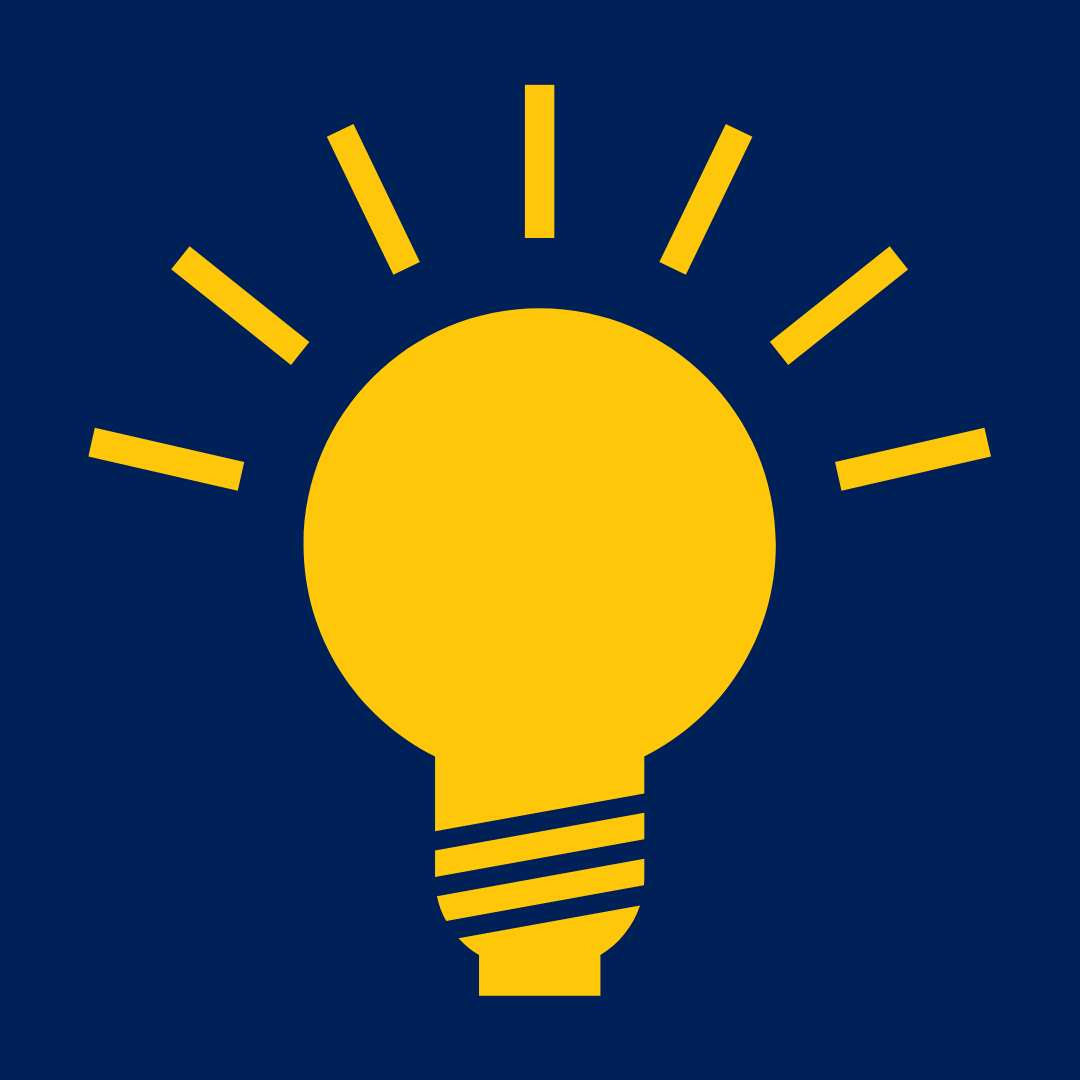Megan Steigerwald Ille is a scholar of contemporary opera whose research explores how experimental operatic performances attract new audiences by reshaping institutional narratives around the genre. Her work builds on existing scholarship while focusing on how innovative production models impact both performers and audiences. Her book project, Hipster Opera: American Identity, Digital Media, and Experimental Performance, examines the intersection of opera, digital media, and American cultural identity. Through case studies of Opera Philadelphia’s O17 and O18 Festivals, the Los Angeles-based company The Industry, and The Mile-Long Opera by David Lang and Diller Scofidio + Renfro, she analyzes the stories these performances tell about opera in the 21st century. Her research highlights the tensions between innovation and tradition, corporate support and grassroots creativity, and cultural prestige and public accessibility. By incorporating ethnographic methods and focusing on artists, producers, and audiences, her work offers a critical new lens on the evolving dynamics of operatic performance in the digital age
Megan Steigerwald Ille: Hipster Opera: American Identity, Digital Media, and Experimental Performance

Click here to submit and edit to this post
"*" indicates required fields